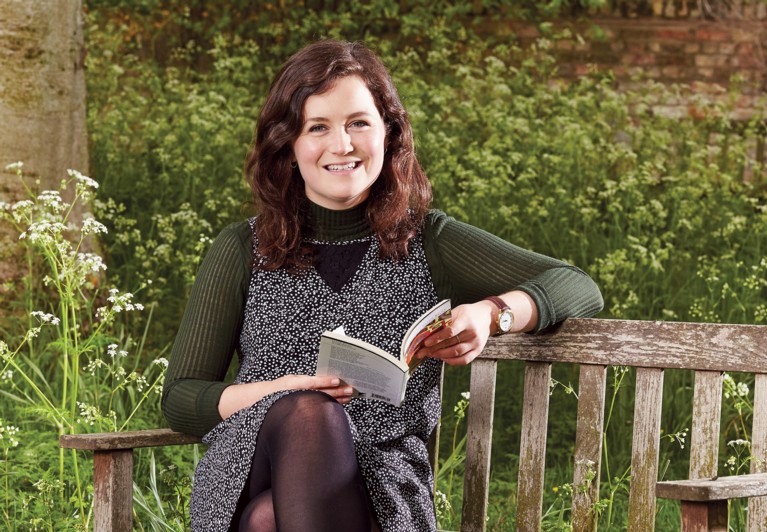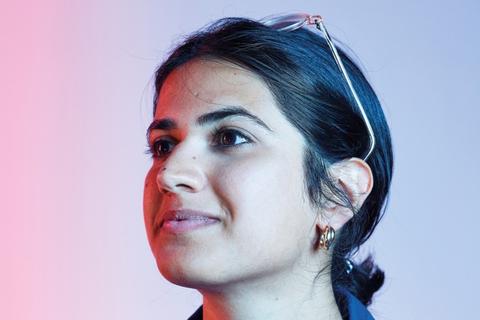Helen – Poets and Parents
Through the generosity of the Late 80s fund and a member, I was awarded a full studentship, enabling me to study for an MPhil in Modern and Contemporary Literature. My MPhil dissertation investigates the relationship between poetry and parenthood.

Focussing on three contemporary poets – Andrea Brady, Denise Riley and Peter Riley – I’ve been looking at the ethical dilemmas specific to writing about a child. Each poet deals with different biographical circumstances: Peter Riley’s Birth Prospectus and Denise Riley’s A Part Song are elegies for their children, whilst Brady’s Mutability is a ‘chronicle’ of the first year of her daughter’s life. All three, however, scrutinise what Jahan Ramazani, a theorist of mourning, has described as the ‘economic substructure’ of their work: there is an inherent tension in producing something from loss, and a deep-rooted unease about whether the appropriation of the child’s ‘voice’ by the parent is an act of exploitation. This is particularly pertinent to discussions of elegy and grief: texts like these need an especially careful kind of criticism.
The questions underpinning my dissertation are grounded in the complex history of lyric thought. Recently, however – in the writings of Denise Riley, for one – there has been a growing focus on the sociopolitical space occupied by poetry. One of the things I’ve found most rewarding has been the opportunity to investigate ways in which writings documenting motherhood are partly a reaction against the dismissive tendency exhibited by the ‘masculine coterie’, in Brady’s terms, of some contemporary poets. Brady and Riley’s choice to write about motherhood marks the importance of establishing it as something that does not have to justify its own expression.
The MPhil course is not just a research degree: it is partially taught and this has suited me well. Alongside my dissertation, the seminar courses have allowed me to explore other areas of interest, writing on Frank O’Hara’s lyric addresses and renunciation in the novels of George Eliot. The Post-Pastoral course resulted in a unique – a word that doesn’t do justice to the uncanny nature of this experience – visit to Orford Ness in Suffolk, a nature reserve and former military testing ground.
Last October I was unsure whether I wanted to continue and apply for a PhD, but the breadth of the MPhil has helped me realise that I would like to do this. In the Lent term, I lectured on Frank O’Hara to undergraduates, and also gave a seminar paper, in a collaborative atmosphere that was invaluable. I’m very thankful for Emmanuel’s help, and am looking forward to putting together a PhD application for 2016 over the summer.


